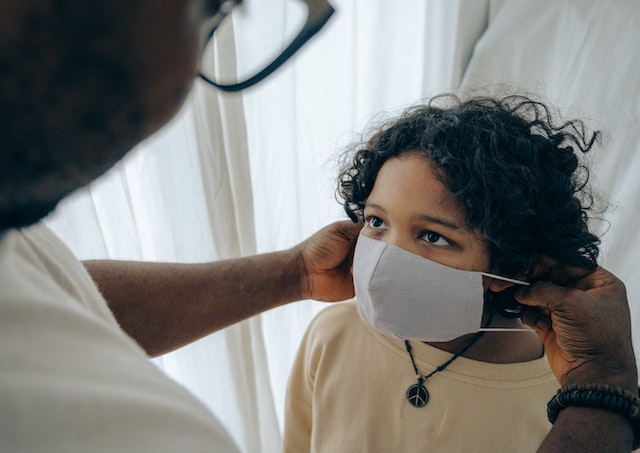Introduction
As parents, we all eagerly await the moment when our little ones utter their first words.
The development of speaking skills in children is an exciting milestone, as it opens up new doors for communication
and learning.
However, some children may face challenges with their speech development, causing concerns among parents.
In this article, we will explore the topic of enhancing your child’s speaking skills, including addressing slow speech
problems and finding effective solutions.
Understanding the Importance of Speaking Skills in Children
Speech is a fundamental aspect of human interaction and plays a crucial role in a child’s cognitive and social
development.
By developing strong speaking skills, toddlers can express their thoughts, needs, and emotions effectively.
It fosters their ability to form relationships, share experiences, and engage in learning opportunities.
Therefore, it is essential to support and enhance your child’s speaking skills.
Identifying Slow Speech Problems in Kids
Some children may experience difficulties in speech development, manifesting as slow speech.
This can be a cause for concern for parents, but it’s important to remember that every child develops at their own
pace.
However, if you notice persistent and significant delays in your child’s speech milestones, it’s advisable to consult a
pediatrician or speech-language pathologist for professional guidance.
They can assess your child’s speech patterns, identify any underlying issues, and provide appropriate intervention if
necessary.
Encouraging Speech Development at Home
Parents can play a pivotal role in enhancing their toddler’s speaking skills.
Here are some practical strategies to promote speech development at home:
Create a language-rich environment:
Surround your child with ample opportunities for language exposure.
Engage in conversations, narrate daily activities, read books aloud, and expose them to age-appropriate language
stimuli such as songs and rhymes.
Active listening and responsive communication:
Show genuine interest in your child’s verbal attempts.
Maintain eye contact, respond to their words and gestures, and encourage them to express themselves by asking
open-ended questions.
This fosters a supportive and interactive communication environment.
Repeat and expand:
When your child attempts to speak, repeat their words to reinforce correct pronunciation.
Additionally, expand on their statements by adding new words and extending the conversation.
This helps broaden their vocabulary and encourages more elaborate speech.
Play and pretend:
Utilize playtime to encourage language development.
Engage in role-playing activities, storytelling, and imaginative play.
These activities promote creativity, vocabulary expansion, and narrative skills.
Limit screen time:
Excessive screen time can hinder language development in young children.
Prioritize interactive activities and face-to-face communication to provide ample opportunities for speech practice.
Seeking Professional Help and Intervention
If you observe persistent speech problems or significant delays in your child’s speech development, it is crucial to seek
professional help.
A speech-language pathologist can assess your child’s speech patterns, identify any underlying issues, and provide
appropriate intervention strategies tailored to their specific needs.
Early intervention is key to addressing speech difficulties effectively and ensuring optimal progress.
Conclusion
Enhancing your child’s speaking skills is a vital aspect of their overall development.
While every child progresses at their own pace, it is essential to create a language-rich environment, engage in active
communication, and seek professional help when necessary.
By taking an active role in supporting your toddler’s speech development, you are empowering them with a valuable
skill that will benefit them throughout their lives.
Remember, with patience, guidance, and love, your child’s speaking skills will flourish, opening up a world of
communication and possibilities.











